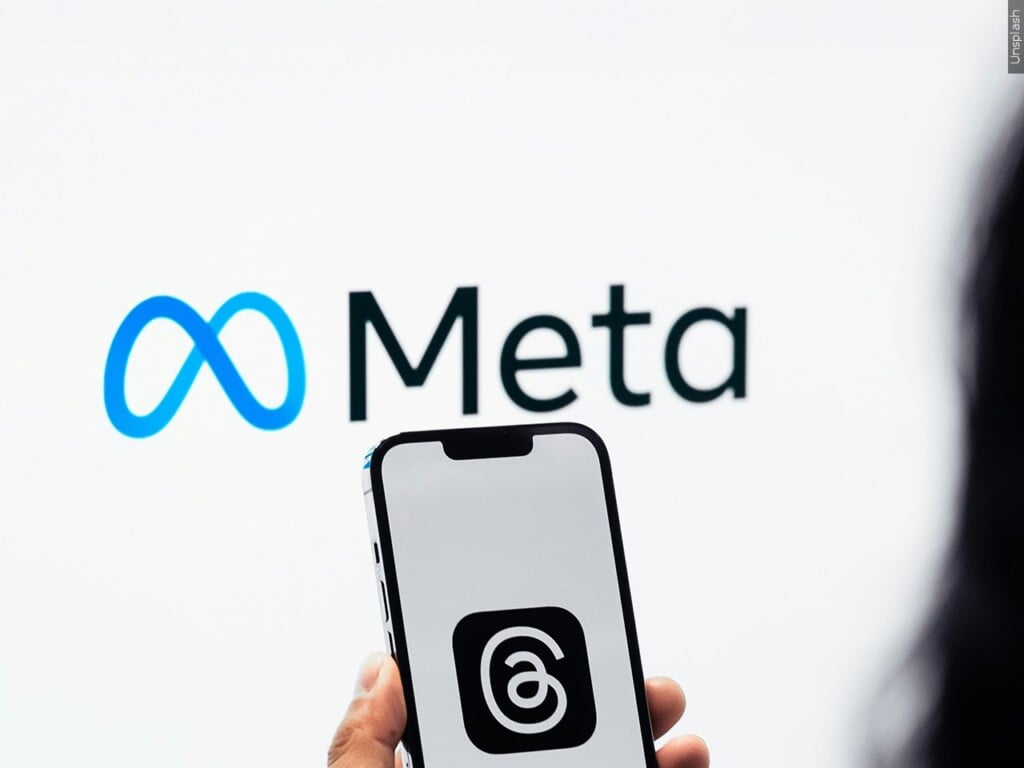Tech Report: Meta ad controversy, Google’s prediction data deal, and new AI innovations
Meta projected that about 10% of its total 2024 sales came from online ads promoting scams and banned goods.

(LILAMAX)- Meta projected that about 10% of its total 2024 sales — roughly $16 billion — came from online ads promoting scams and banned goods.
According to Reuters, those ads included fraudulent e-commerce and investment schemes, illegal online casinos, and banned medical products. A Meta spokesperson said the company “aggressively” removes scam and fraud ads from its platforms and is continuing to invest in stronger detection systems.
Meanwhile, Google announced a deal with prediction market platforms Kalshi and Polymarket to integrate real-time market data into Google Finance. The new partnership will display shifting odds from the exchanges when users search for information on future events, such as GDP growth or economic forecasts. Google says the goal is to “harness the wisdom of the crowds” by providing insight based on collective prediction data.
In other tech news, Miami-based Counterintuitive Corp is challenging Silicon Valley’s approach to artificial intelligence. The company says today’s AI models don’t truly “reason” but simply mimic learned patterns. It has unveiled more than 80 patents for a new chip design called the Artificial Reasoning Unit (ARU) — technology that works more like a calculator than a brain. Executives claim ARUs can help eliminate AI “hallucinations,” where systems generate false or made-up answers.
And Cars.com has launched Carson AI, a conversational shopping engine designed to simplify car buying. Instead of filtering by year, make, or model, shoppers can describe their needs — like “a safe SUV for a family of five” — and Carson instantly recommends matching vehicles. Cars.com says more than 70% of its users begin undecided, and the new system aims to make searching easier and more personal.



